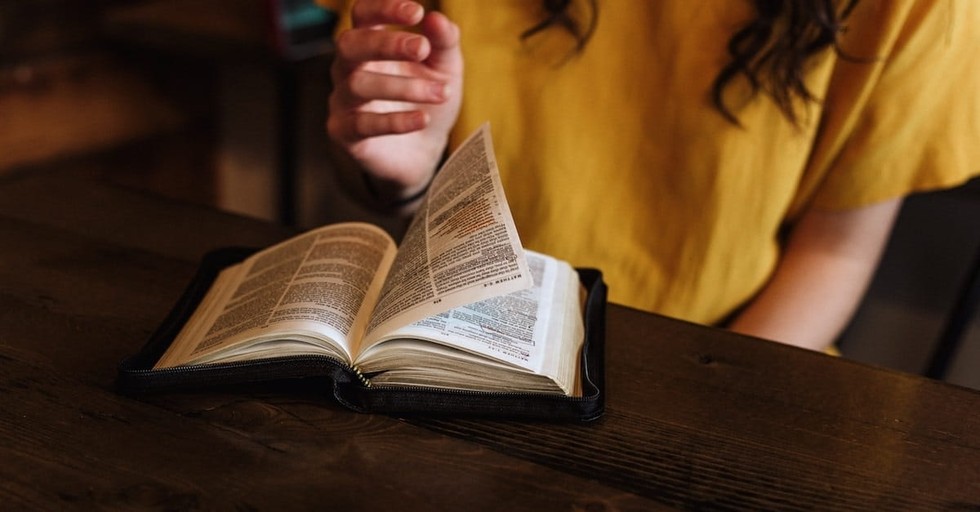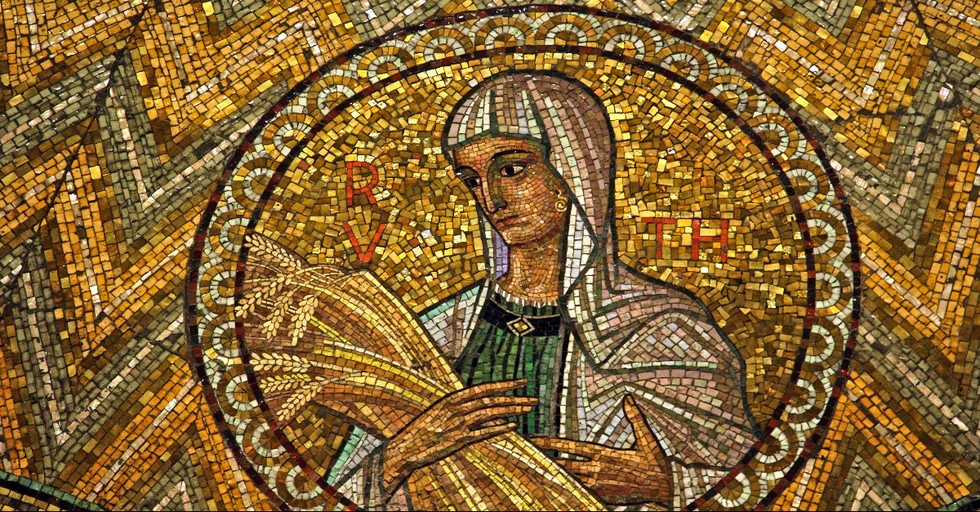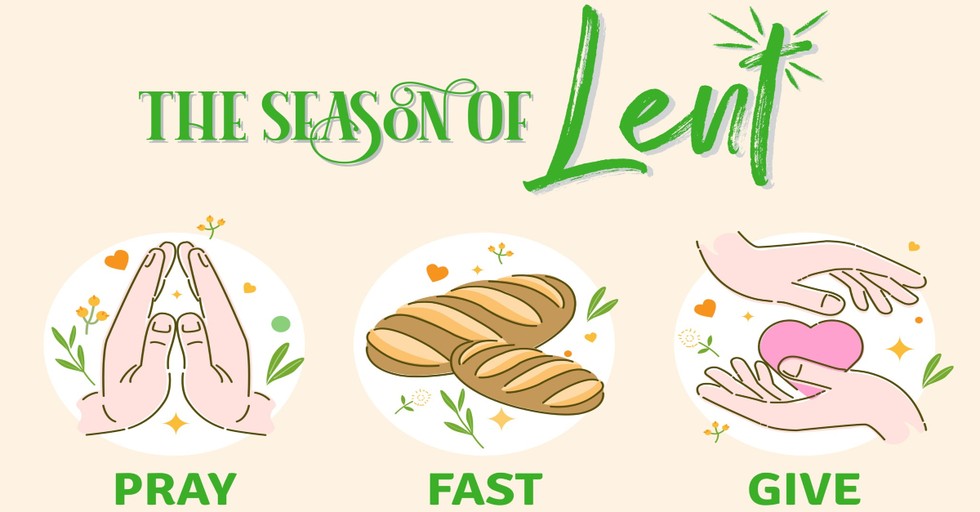3. Ruth and Naomi
Slide 3 of 6
One of my favorite stories, Ruth and Naomi, offers a poignant example of sacrifice, loyalty, and redemption. Found in the Old Testament book of Ruth, this unfolds against hardship and loss, yet it ultimately illustrates the power of love and faithfulness.
The story begins with Naomi, an Israelite woman who, along with her husband and two sons, moves to the land of Moab during a famine. Tragically, Naomi’s husband dies, followed by her two sons, leaving her destitute and bereft. Naomi encourages her daughters-in-law, Ruth and Orpah, to return to their families, but Ruth refuses, declaring her loyalty to Naomi and her God.
Ruth’s commitment to Naomi leads her to make a sacrificial decision to remain with her and accompany her back to Bethlehem, Naomi’s homeland. Despite the uncertainty and challenges, Ruth demonstrates unwavering devotion and selflessness, embodying the essence of sacrificial love. Ruth’s character catches the eye of Boaz, a man whose fields she gleans as a widow and poor. Boaz shows kindness and generosity to Ruth, eventually marrying her and redeeming Naomi's family line. Through Ruth’s sacrifice and Boaz’s redemption, Naomi’s loss story is transformed into hope and restoration.
For us, this Lent, the story of Ruth and Naomi, prompts reflection on sacrificial love, faithfulness, and redemption. God works through ordinary people, even broken ones, to bring about his redemptive plan. Let us also be challenged to love others with such faithfulness and self-sacrifice for redemption.
Further Reading: What Is the Bible Story of Ruth and Naomi?
Photo Credit:©Getty/ZvonimirAtleti




 Previous
Previous





